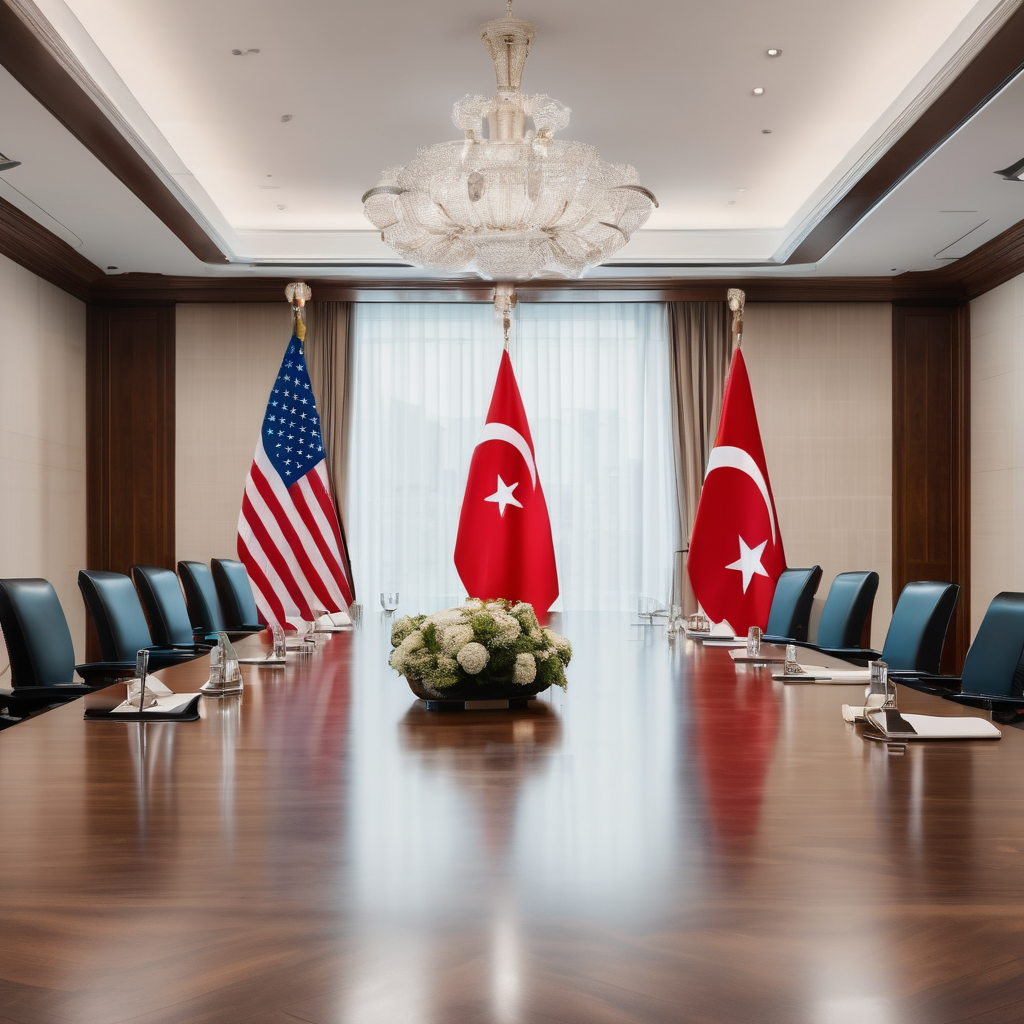Turkish President Recep Tayyip Erdoğan’s visit to the White House signals a pivotal moment in U.S.-Turkey relations, primarily characterized by his reunion with U.S. President Donald Trump after a four-year hiatus. This meeting underscores the complex dynamics between two leaders who share a strong populist approach, common disdain for liberal hegemony, and a sense of historical importance.
Erdoğan’s arrival in Washington is not merely a diplomatic visit but a personal triumph marked by a long-standing friendship with Trump. Both leaders will likely indulge in symbolic gestures and bold declarations, aimed at highlighting short-term gains for their nations. Among these is Turkey’s significant multi-billion-dollar purchase of Boeing aircraft and potential discussions about reentering the F-35 program, which Turkey had been previously ousted from due to its acquisition of Russian S-400 defense systems.
However, substantial issues remain unresolved, such as Turkey’s strained alliances over Syria, including its tensions with Israel over Gaza and the broader Middle Eastern geopolitical landscape. The differences in policy between Ankara and Washington—especially regarding the inclusion of Kurdish forces into Syria’s national military—pose potential flashpoints. This is juxtaposed with Turkey’s alignment with Trump’s new envoy to Syria, Tom Barrack, supporting similar visions for Syria’s post-Assad era, and regional stability.
The prospect of renewing economic ties looms large, as both countries aim to amplify trade toward a previously set $100 billion target. The economic discussions are closely tied to reconstruction opportunities in Syria and the ambitious Trump Route for International Peace and Prosperity (TRIPP). Yet, sustaining economic growth requires Turkey to diversify its economy beyond traditional sectors like construction.
A lingering question in Erdoğan’s visit is Turkey’s sliding democracy record and its human rights issues, which have been a barrier under previous U.S. administration approaches. While Trump seemingly brushes aside these concerns, they remain significant roadblocks in Turkey’s relationship with Europe, potentially affecting Turkey’s integration into Europe’s security frameworks and economic dealings.
In the broader geopolitical context, Turkey’s potential role in the postwar settlement of the conflict in Ukraine and its strategic importance as a regional power adds another layer to this intricate diplomatic dance between the U.S. and Turkey. Despite these diplomatic engagements, the success of Erdoğan’s visit hinges on whether sustainable policies emerge from meetings with the U.S., especially regarding military sales, Israel relations, and Kurdish relations within Syria and Turkey.
Ultimately, Erdoğan’s return to the White House may reaffirm personal camaraderie yet highlights the necessity for deeper diplomatic processes to ensure a robust and reliable U.S.-Turkey relationship in the face of enduring political, economic, and security challenges. The meeting may set a cordial tone, but without substantive strategic alignment, it risks remaining a fleeting encounter in the complex interplay of global relations.
